We’ve been enjoying David Epstein’s new book, Range.
In the chapter, Thinking Fast and Slow, he explores how training often works best when people are not given hints and help, but instead are encouraged to struggle for longer.
He argues that if you help people, so that they appear to get the answers more quickly, you may be undermining long-term retention. For example in one experiment with monkeys learning, “The more hints that were available during training, the better the monkeys performed during early practice, and the worse they performed on test day.”
The greater the initial struggle, the more enduring the results. As Epstein puts it, “Struggling to retrieve information primes the brain for subsequent learning, even when the retrieval itself is unsuccessful.”
He shares a detailed analysis of US Air Force training in higher maths. One group of professors got better results in early assessments and were more highly rated by students. But a second group, who created more of a struggle, achieved much better results in the long term. It appears that, “(t)he professors who caused short term struggle but long-term gains were facilitating ‘deep learning’ by making connections.”
This goes against the usual demand for immediate, concrete outcomes from group meetings. It’s something we have long been wary of, especially in relation to long-term impacts.
Elsewhere in the book Epstein refers to the unpredictability of modern business and life, and how relying on familiar tools may actually be preventing us from innovating, or indeed seeing a problem at all. This is interesting to us as facilitators because we too can become over-reliant on familiar tools or ‘overlearned behaviour’.
Congruence is another organisational concept that rarely gets questioned. Many organisations stress the importance of alignment around goals or values. But a study that systematically examined a broad swath of organisations across an industry found that cultural congruence had no influence on any measure of organisational success. Further studies showed that “the most effective leaders and organisations had range; they were, in effect, paradoxical. They could be demanding and nurturing, orderly and entrepreneurial, even hierarchical and individualistic all at once. A level of ambiguity, it seemed, was not harmful…even for decision-making.”
This creates an interesting challenge for us as facilitators – are we willing to let groups struggle with confusion or do we succumb to the temptation to make it easy for them? Do we try to “tidy up” for them when there’s confusion and ambiguity?
Our own preference is to resist the lure of short term highs and trust the intelligence and resilience of participants to figure things out at their own pace. And to practice “active open-mindedness” – viewing our own ideas and ways of doing things as hypotheses in need of continual testing.
